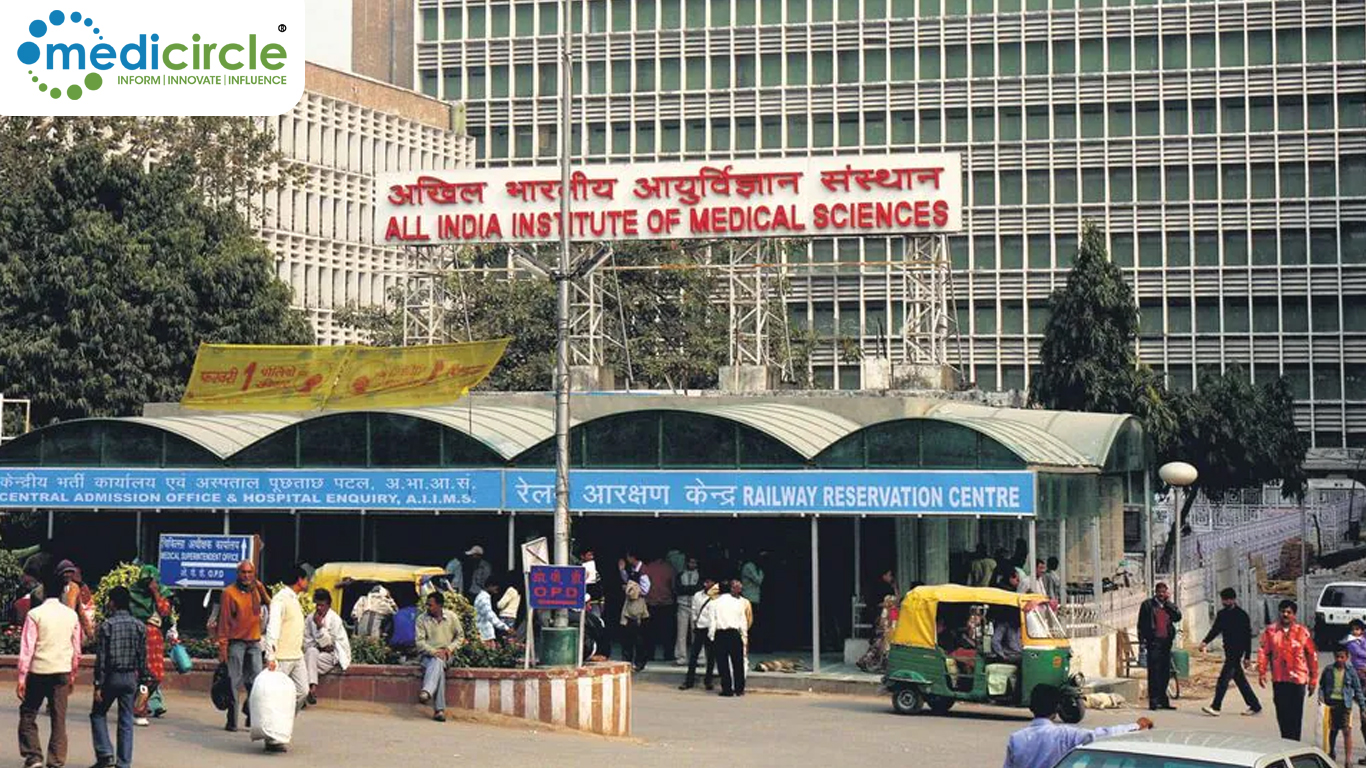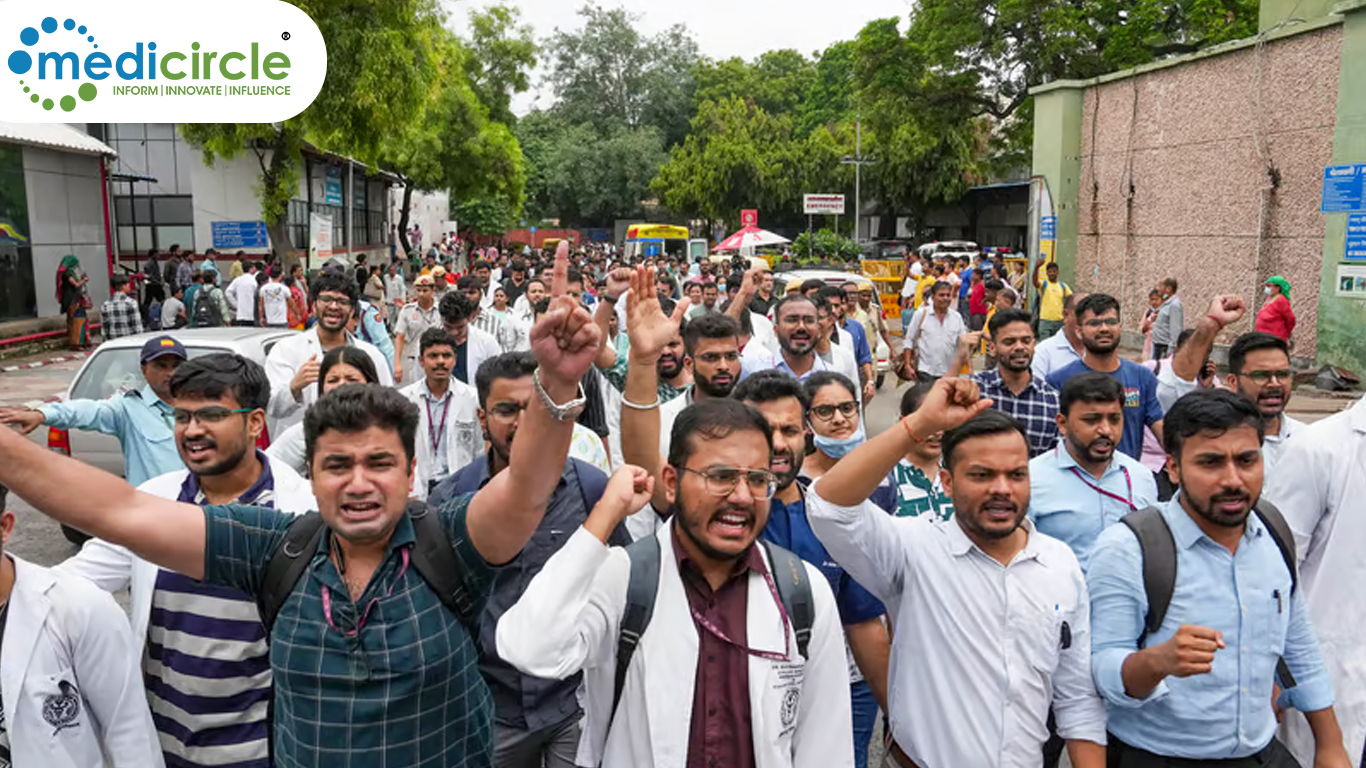Schizophrenia is a serious mental health disorder that affects many individuals worldwide. At South Goa district hospital, up to two new cases of schizophrenia are reported every month out of approximately 800 patients. Most of these patients are aged between 20 and 40 years. As we observe World Schizophrenia Day on May 24, it is crucial to understand the importance of early treatment and awareness about this condition.
Schizophrenia is a chronic mental disorder that affects a person's thinking, feeling, and behavior. People with schizophrenia may seem like they have lost touch with reality, which can be distressing for both the individual and their loved ones. Common symptoms include hallucinations, delusions, and disorganized thinking. These symptoms can make it difficult for individuals to function in daily life, hold jobs, or maintain relationships.
Early diagnosis and treatment of schizophrenia are essential for better outcomes. When individuals receive timely treatment, they have a higher chance of managing the symptoms effectively and leading a functional life. Dr. Sneha Pokle, a consultant at the Telemanas cell in South Goa, emphasizes the importance of seeking help early. "People don't usually seek help for disorders like schizophrenia due to stigma and misconceptions in society," she stated at a mental health awareness program held at the South Goa district hospital.
One of the biggest challenges in treating schizophrenia is the stigma associated with mental health disorders. Many people hesitate to seek help due to fear of being judged or misunderstood. This stigma can prevent individuals from getting the necessary treatment and support they need. Dr. Shilpa Pandya, psychiatrist and program officer of the district mental health program, highlighted the need for empathy and support. "Medication is not enough to treat those with schizophrenia," she said. "They need the empathy, support, and love of the family. It’s not enough that they get treatment and stay at home; they must also be able to lead functional lives, have jobs, and not be a burden for family and society."
Support from family and society is crucial for individuals with schizophrenia. Without understanding and support, these individuals are more vulnerable to exploitation and abandonment. Dr. Pandya pointed out that people's perception of those with schizophrenia is often flawed. "Their perception is itself flawed, but people feel they’re acting the way they do on purpose and don’t realize they have a mental health disorder that is beyond their control," she explained.
There are heartbreaking cases where families abandon their loved ones with schizophrenia, leaving them to end up on the streets or in institutions. If these patients receive treatment early, their prognosis can improve significantly. "If treatment is delayed, the problem becomes more complicated and chronic, where they end up not responding to medicines and are difficult to manage at home," Dr. Pandya warned.
While schizophrenia is more apparent in young adults, it is often dismissed as an age-related problem in the elderly. This misconception can lead to delayed diagnosis and treatment, further complicating the condition. It is essential to recognize that schizophrenia can affect individuals of any age and requires appropriate attention and care.
World Schizophrenia Day serves as a reminder to raise awareness about this mental health disorder and encourage early treatment. The Telemanas cell at South Goa district hospital appealed to people to seek treatment early and break the stigma surrounding mental health disorders. By fostering a supportive environment and understanding the challenges faced by individuals with schizophrenia, we can improve their quality of life and help them lead more fulfilling lives.
Schizophrenia is a complex mental health disorder that requires a comprehensive approach to treatment and support. Early diagnosis, proper medical care, and empathy from family and society are vital for managing this condition. On World Schizophrenia Day, let us commit to breaking the stigma and ensuring that individuals with schizophrenia receive the care and support they need to thrive. By doing so, we can create a more inclusive and compassionate society where mental health is prioritized and understood.
Source: ET Healthworld.com

 Early diagnosis, proper medical care, and empathy from family and society are vital for managing this condition.
Early diagnosis, proper medical care, and empathy from family and society are vital for managing this condition.







.png)

.jpg)










.jpeg)

.jpeg)










.jpg)




.jpg)

